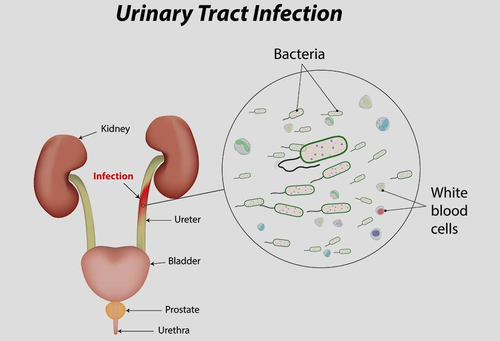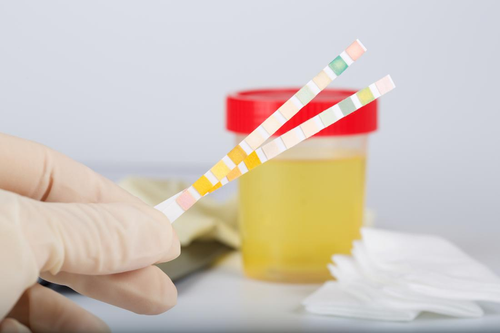Important Things about Leukocytes in Urine
Commonly known as "white blood cells", leukocytes are the central elements of our immune system. Leukocytes help guard our bodies against infections, microbes, and other diseases. Above all, these cells travel throughout our bodies monitoring threatening germs and infections. Usually, a low level of these cells are found in urine. However, if high volumes of white blood cells are found in urine, then this is an indication of infections or supplementary inflammatory problems. Below are the most common symptoms of high volumes of leukocytes in your urine:
-
Need for urinating frequently
-
Burning sensation when urinating
-
Discharge urine
-
Pain while passing urine
-
Urine is brownish or there is blood
-
Foul smell of urine
-
Low back pain
-
Nausea and vomiting

Causes and Treatments
If you are experiencing any of the symptoms listed above, you probably have high volumes of white blood cells in your urine. So, read on to learn more about the causes and the treatments.
Causes
High numbers of white blood cells can be found in urine for numerous reasons, which include:
-
Urinary Tract Infection (UTI)
The UTI is a prevailing cause of high white blood cell count in urine. This infection affects your urinary tract which includes the kidneys, urethras, and bladder. It is usually attained when a bacteria moves into your urinary tract and multiplies itself in your bladder.
-
Kidney Stones
These are crystals formed within the kidney or urinary tract. Kidney stones vary in sizes, but can be as big as a ping pong ball. Kidney stones obstruct the passage of urine, hence stopping its flow through the urethra, which in turn increases the possibility of bacterial infections. This contamination further increases the white blood cell count in your urine.
-
Interstitial Cystitis
Another cause of leukocytes in urine is interstitial cystitis. It is a chronic bladder disorder that affects not only your bladder but also your urinary tract. You will feel extreme pelvic pain and a sudden urgency to urinate.
-
Pyelonephritis
Pyelonephritis is an infection of the kidney, and it will also increase the number of white blood cells count in your urine. It is also an infection that affects individuals of all ages. If you are experiencing pyelonephritis, you will experience a fever, nausea, vomiting along with severe pain.
-
Inflammation
Inflammation comes in many forms, such as infections, illnesses, and injuries. The moment you have inflammation, your body releases white blood cells. There are two causes of such irritations, namely interstitial cystitis and interstitial nephritis, and both of them affect the urinary tract.

Treatment
The treatment for the increased white blood cell count in urine will depend on its cause. In some cases, antibiotics are being used to clear up the infection. In less severe cases, you can reduce the symptoms by consuming lots of water. This procedure will help you urinate and therefore accelerate healing. However, you should always consult a doctor before taking any type of medication.
Learn About the Prevention
While high numbers of white blood cells in urine can be irritating, they are preventable. Fortunately, there are plenty of ways to minimize the risk of getting a high volume of leukocytes in your urine. The easiest one is to stay hydrated by drinking lots of fluid. This will help you flush away any bacteria or infections from the urinary tract. Also, you should maintain decent personal hygiene. You should avoid using scented soap in your genital area. Instead. there are unscented soaps or intimate body wash that you can use to wash your private parts. Additionally, cover your genital area with breathable fabrics such as 100% cotton. Finally, you should take protective measures during sex. Urinate right away after sex to clean your urethra from harmful bacteria, therefore reducing your risk of urinary tract infection.

Are White Blood Cells That Bad?
Besides worrying about the white blood cells in the urine solely, you should also pay extra attention to treat the infections that cause their increase in your urine. These infections can lead to other risky medical conditions. You can also watch this video to learn about the cast in the urine sample.
